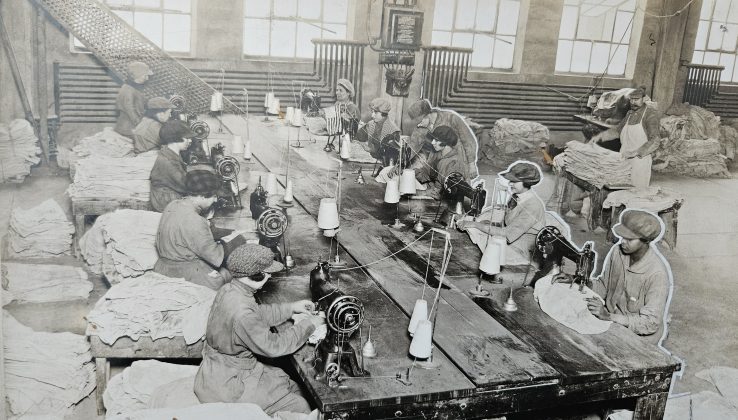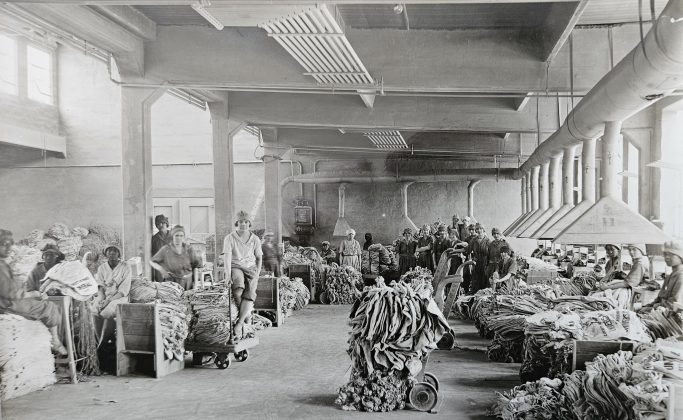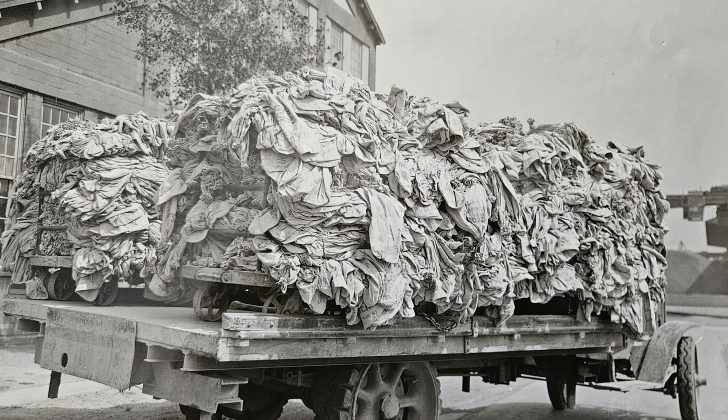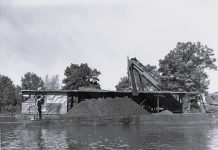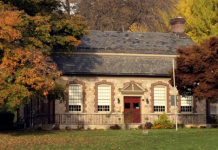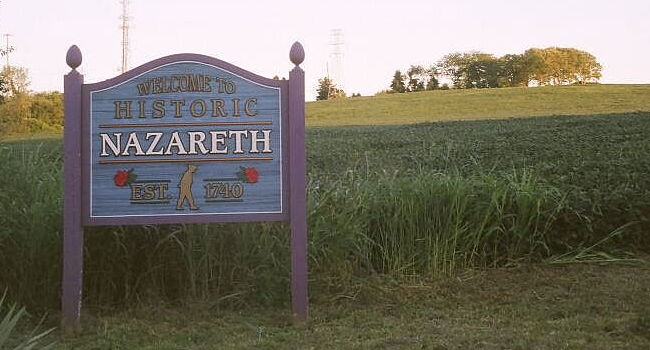A few weeks ago, this writer and Larry Oberly visited the headquarters of Heidelberg Materials, formerly Lehigh Portland Cement in Fogelsville. We were given century-old photographs showing Lehigh Cement Company and their old bag factories.
Lehigh Portland Cement Company was founded by a famous philanthropist, General Harry Trexler. Lehigh had numerous cement plants in many states. In the Lehigh Valley, they operated plants in Fogelsville, Ormrod, West Coplay and Sandts Eddy.
Originally, cement was packed in wooden barrels. A standard barrel weighed 376 pounds. Barrels were expensive to make. Most were never returned to the companies; many were used for firewood.
Cloth bags were a great substitute for the barrels. They could be returned to the companies to be used again. When returning a bag, you received 10 cents for each bag. Millions of cloth bags were made during the early days of the cement industry. Sturdy cloth bags contained 94 pounds of cement. They were easy to pack and move to a job site. Today, returned bags would be called recycling.
Bag factories mostly employed women. They cut the cloth, sewed the bags and repaired the returned bags.
Returned bags had many uses. Bags were taken home to use in various ways. The Atlas Cement Museum has bags which were used for towels, bed sheets, tablecloths, diapers and furniture covers. Some local churches even rolled their pierogi dough on the bags.
One of my favorite stories was told to me by Anna Kish, of Jacksonville. During this era, many people swam in the local quarries. Anna needed a swimsuit but did not have the money to purchase one. Ever resourceful, her mother used a Bath Portland (later Lehigh Portland) bag for her suit. Anna was ready for swimming!
The current Northampton Banquet Center on Laubach Avenue was the Atlas Portland Cement Company bag factory. Millions of bags were made there, including the cement bags sent to construct the Panama Canal.
The bag factory women were a close-knit group. They not only made bags, but they also operated a print shop to label the bags. The foreman of the bag factory was Edward Royer, founder of the Northampton newspaper, The Cement News. The paper was circulated throughout the cement belt.
Today, cement is packed in sturdy paper bags. The cloth bags and the hard-working women of the bag factory are now cherished memories from a different era.
We will be on the Lehigh River in two weeks. See you then.

